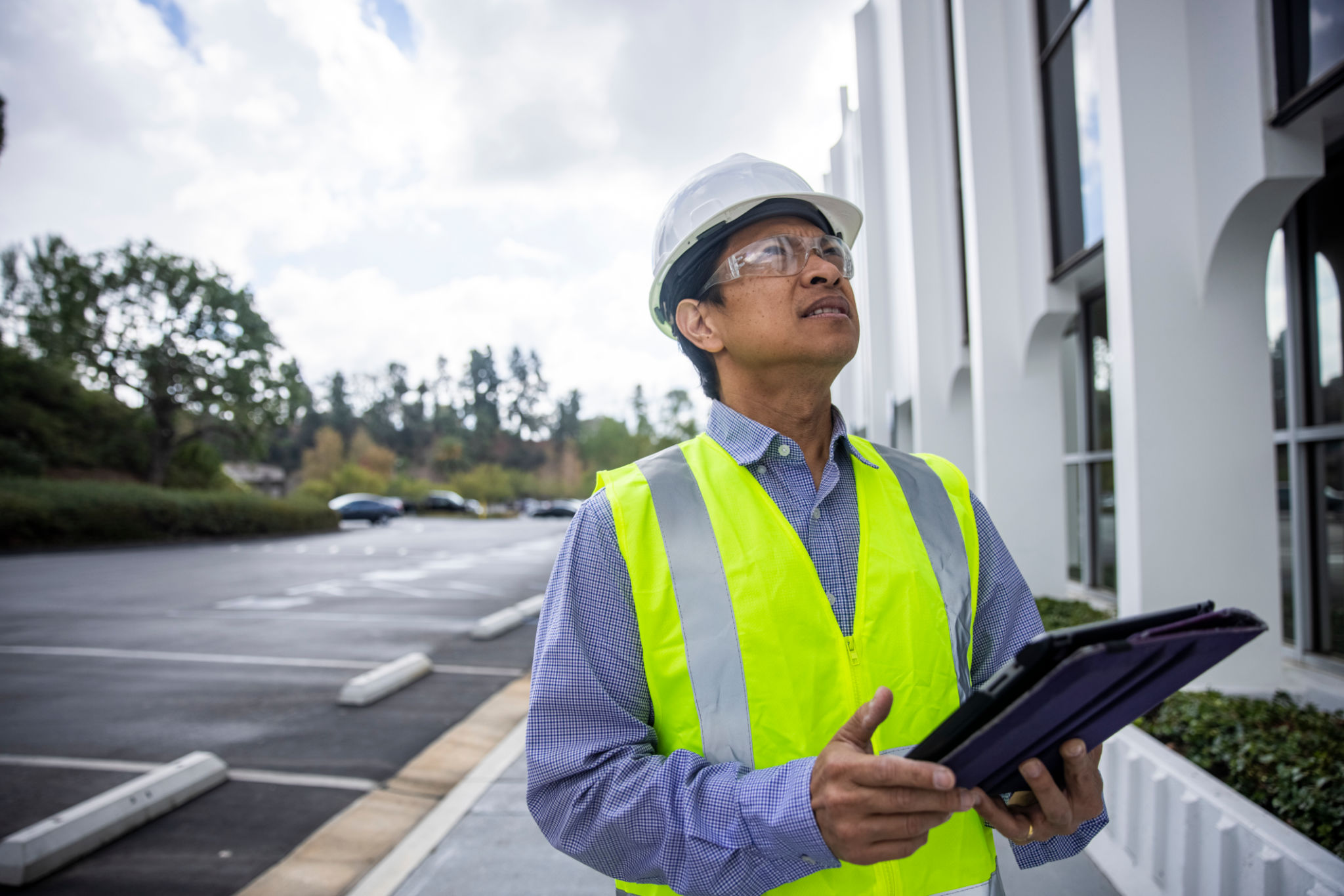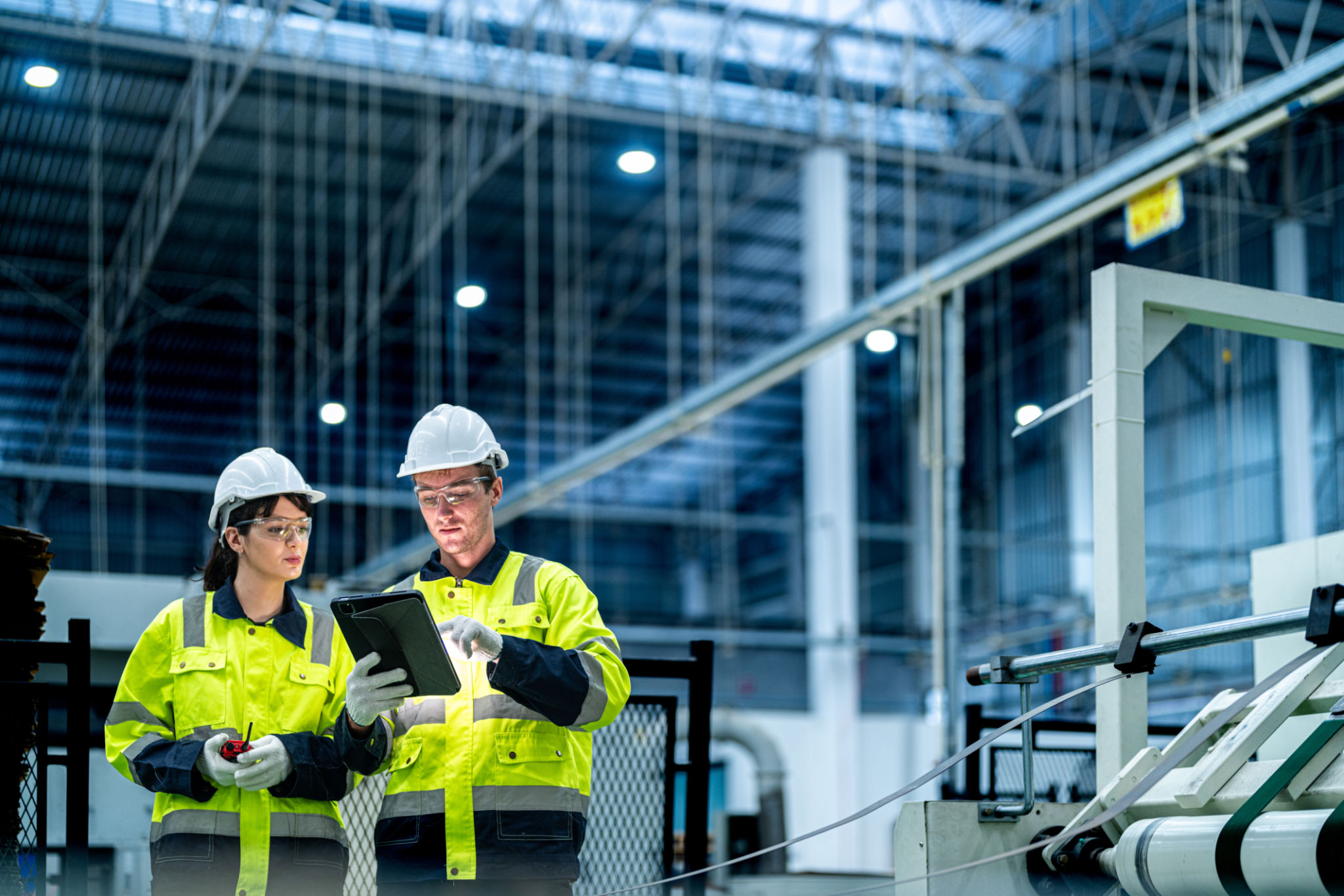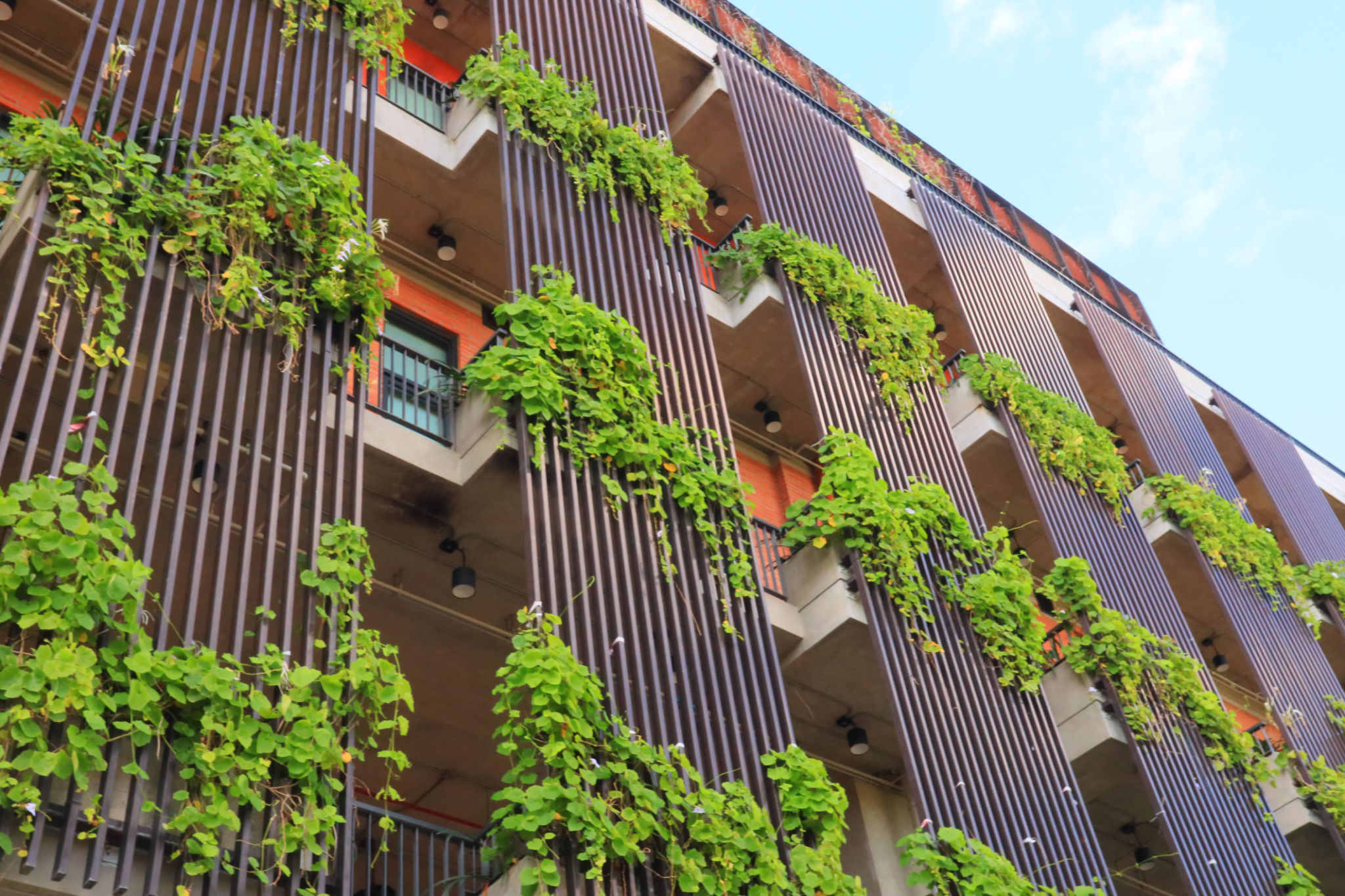The Benefits of Regular Maintenance for Commercial Properties
The Importance of Regular Maintenance
Maintaining a commercial property is crucial for ensuring its longevity and operational efficiency. Regular maintenance not only enhances the appearance of the property but also prevents minor issues from escalating into costly repairs. For property owners and managers, understanding the importance of consistent upkeep can lead to significant savings and improved tenant satisfaction.

Cost Savings in the Long Run
One of the primary benefits of regular maintenance is cost savings. While it may seem like an additional expense, routine inspections and repairs can actually reduce overall costs by addressing minor problems before they turn into major repairs. This proactive approach helps avoid expensive emergency fixes and extends the lifespan of building systems and structures.
Additionally, well-maintained properties often enjoy lower insurance premiums. Insurance companies recognize that properties in good condition are less likely to experience significant damage, thus reducing the risk for insurers. This can lead to substantial savings on insurance costs over time.
Enhancing Property Value
A well-maintained property not only retains its value but can also increase in worth over time. Regular upkeep ensures that the building remains attractive and functional, making it more appealing to potential tenants or buyers. An attractive property with a reputation for being well-cared-for can command higher rents or sales prices in the market.

Moreover, maintenance records can serve as a valuable asset when it comes time to sell or lease the property. Demonstrating a history of regular maintenance can provide peace of mind to prospective buyers or tenants, assuring them of the property's reliability and quality.
Improving Safety and Compliance
Regular maintenance is essential for ensuring the safety of occupants and visitors. By routinely inspecting critical systems such as HVAC, plumbing, and electrical installations, property managers can identify potential hazards before they pose a threat. This proactive approach also ensures compliance with local building codes and regulations, which is crucial for avoiding fines and legal issues.
Furthermore, well-maintained properties tend to have fewer accidents, reducing liability risks for property owners. This not only protects the physical well-being of occupants but also safeguards the financial health of the business.

Enhancing Tenant Satisfaction
For commercial properties, tenant satisfaction is paramount. A well-maintained environment fosters a positive impression and encourages tenants to renew their leases. By promptly addressing maintenance issues, property managers demonstrate their commitment to tenant well-being, which can enhance tenant loyalty and reduce turnover rates.
Additionally, maintaining common areas such as lobbies, restrooms, and parking lots contributes to a pleasant experience for both tenants and visitors. These amenities play a significant role in tenant satisfaction and can influence their decision to remain in the property long-term.
Environmental Benefits
Regular maintenance also contributes to environmental sustainability. Efficiently operating systems reduce energy consumption, minimizing the building's carbon footprint. For example, regularly serviced HVAC systems run more efficiently, consuming less energy and providing better climate control within the building.

Moreover, addressing leaks in plumbing or ensuring proper insulation can significantly reduce water and energy waste. These environmentally friendly practices not only benefit the planet but also enhance the property's reputation as a sustainable choice for tenants concerned about their environmental impact.
